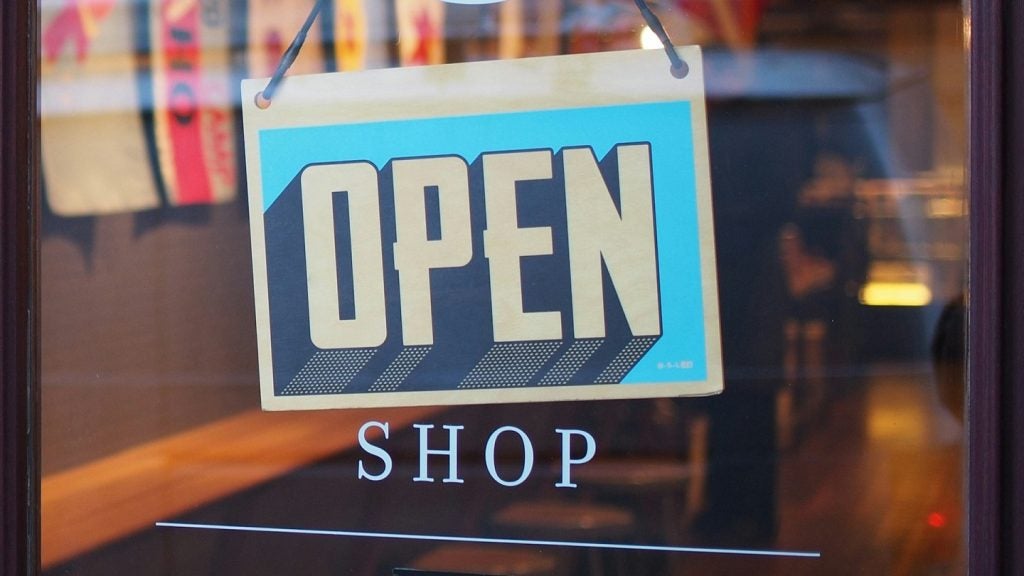
Close Brothers Group delivered strong second-half performance last year across its three divisions, but the bank’s outlook for 2021 will very much depend on how Government manages the scaling back of its support schemes for business.
Updating on trading for the five months to the end of December 2020, the FTSE 250 banking group posted high new business volumes in its lending businesses, solid net inflows in asset management and strong trading performance.
Close Brothers Group said its fortunes were helped by its banking arm which saw “strong demand for loans issued under the UK government support scheme”.
It said for the reporting period, the bank’s loan book rose 6.5% to £8.1bn, from £7.6bn at the end of July.
CBILS
Strong demand for loans issued under the Coronavirus Business Interruption Loan Scheme (CBILS) continued, particularly in its asset finance business, the lender said.
At the end of December 2020, lending under CIBLS (and associated schemes) totalled £660m across 3,034 loans, but he bank added that the vast majority of its Covid lending is via CBILS, under which it is accredited to lend up to £1bn to qualifying SMEs.
How well do you really know your competitors?
Access the most comprehensive Company Profiles on the market, powered by GlobalData. Save hours of research. Gain competitive edge.

Thank you!
Your download email will arrive shortly
Not ready to buy yet? Download a free sample
We are confident about the unique quality of our Company Profiles. However, we want you to make the most beneficial decision for your business, so we offer a free sample that you can download by submitting the below form
By GlobalDataThe bank added that it has also seen improved levels of business for its invoice finance and motor finance divisions, although it said the national lockdown may have an impact on volumes in these businesses.
On the banking front, Close Brothers Group, reported that its common equity Tier 1 (CET1) capital ratio improved to 14.8% from 14.1% at the end of July, significantly above the minimum regulatory requirement of 7.6% (which excludes the PRA buffer).
According to Reuters, the 20 largest North American and European lenders had average CET1 capital equivalent to just under 12.9% at the end of 2019, which is significantly higher than the single-digit ratios that were standard before 2008. What this means is that Close Brothers is well placed to absorb losses.
John Cronin, financials analyst, investment banking, for Goodbody, said in a press briefing, that the bank’s net interest margin (NIM) was stable at 7.6 per cent, “which is encouraging given growth in CBILS lending and is presumably a reflection of materially lower funding costs coming through”.
NIM reveals the amount of money that a bank is earning in interest on loans compared to the amount it is paying in interest on deposits.
Asset management
In asset management, total client assets at the end of December improved to £15bn from £13.7bn at the end of July, Close Brothers Group reported.
It reported total client assets were back above levels from January 2020, shortly before being hit by Covid-19.
Client assets at 31 January were £14bn but dropped to £13bn on 30 April. Managed assets rose by 10% to £13.9bn from £12.6bn.
The rise in assets the five months to December was helped by “favourable market movements”, Close Brothers explained, together with net inflows of 5.4%.
Stockbroking
Close Brothers Group’s stockbroker Winterflood “delivered a very strong trading performance, benefiting from a further acceleration in market activity in recent months and the expertise of our traders,” the company said.
Winterflood has seen a substantial rise in year-to-date operating profit. Average daily bargains stood at 92,000 during the five months to December, up from 82,000 at the same point a year earlier.
CEO
Adrian Sainsbury, Close Brothers chief executive, said: “We have delivered a strong performance year to date, with the positive trends reported at the end of the first quarter continuing.
“Although the external environment remains highly uncertain, with national lockdown restrictions currently in place, our proven model and significant experience leave us well-positioned.”
Outlook
Cronin described the bank’s outlook as “reasonably upbeat though limited in scope with the bank stating that it is ‘well-positioned to deliver a strong performance across our businesses in the first half…’ but there is no guidance or commentary on 2H other than to say that the model is proven and resilient.”
Cronin added: “Unsurprisingly, the statement notes the uncertainties posed by further lockdown measures as well as the eventual end of government support schemes, we note press reports to the effect that the Chancellor is set to extend furlough schemes in the 3 March Budget, which will further delay the ‘day of reckoning’.”
The company will post its financial results for the six months ended 31 January on 16 March.
SME lenders in 2021
The ‘day of reckoning’ that awaits Close Brothers applies across the board for all UK SME lenders and will be influenced by a number of factors.
The government’s three Covid support schemes for businesses (BBLS, CBILS, CLBILS) are due to end on 31 March 2021.
To date, the three schemes have supported a total of over 1.5m facilities to UK businesses, providing over £68bn of finance, according to the British Business Bank.
A recent forecast by Santander UK found that one in 12 SMEs with exposure to the high street may have to close permanently. The lender’s data also found that three out of 10 SMEs may have to seek a different location away from the high street. The cost of rent, difficulties with managing cash flow and paying business rates are particular pinch points for the businesses surveyed.
The UK government’s furlough scheme is another crucial factor, with the government contributing 80% of workers’ wages to 4.5 million people at present. This scheme has been extended until the end of April 2021.
Clearly, March and April this year will be significant for the SME lenders. The government’s Covid loans will start to be repaid and lenders will decide on foreclosures, despite them being government-backed schemes.
Before that though, the Chancellor of the Exchequer, Rishi Sunak, has scheduled his Budget announcement for 3 March, when the next instalment in this saga will unfold.
There is some speculation that a CBILS ‘replacement scheme’ may be announced for SMEs, but one that is less generous, meaning the government would not pay fees in the first year. Another thing to watch out for is a further extension of the furlough scheme.







